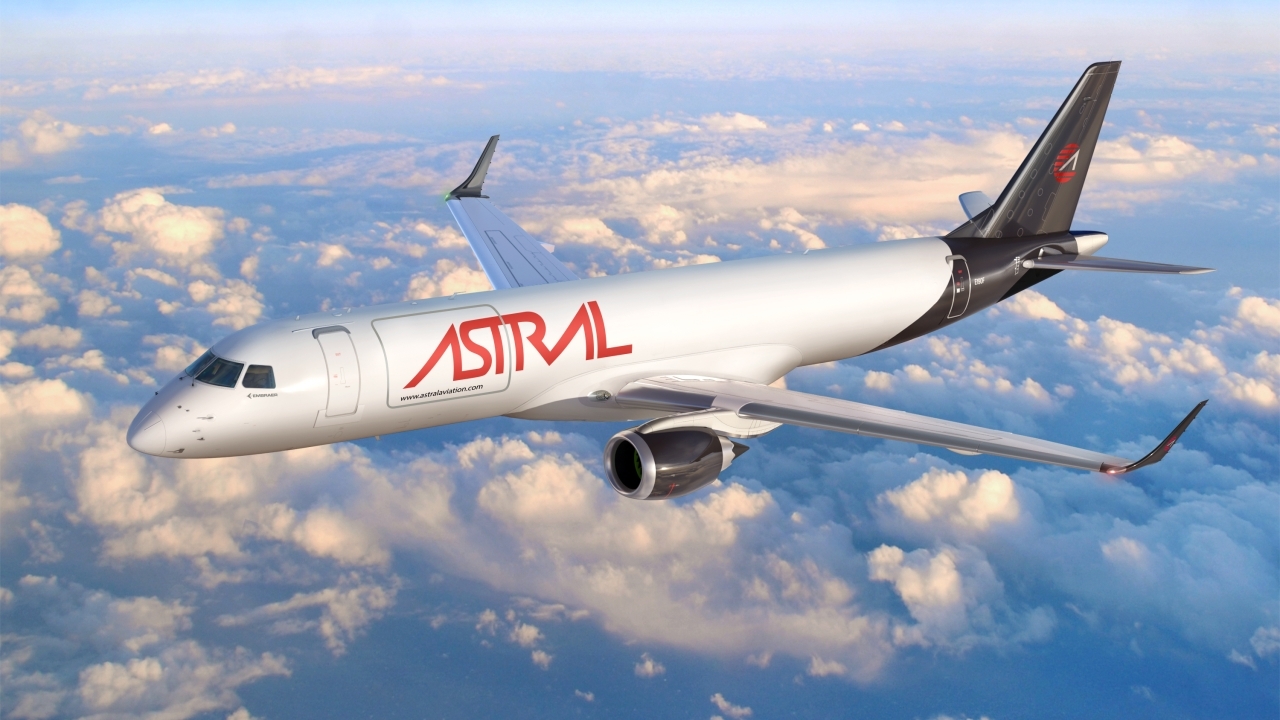Hangar8 adding new medical aircraft to its African fleet

The Company believes that the Bombardier Challenger will have the longest range of medically dedicated aircraft in Africa – an important strength when many clients have to be flown to hospitals in South Africa, Europe, the Middle East and elsewhere.
Hangar8 Aero-Medical already has a strong foothold in this market because it has one of the youngest and most advanced aeromedical fleets in the continent, with one of the longest ranges. Its existing three aircraft also have some of the most advanced medical equipment and personnel in the continent, which will be enhanced with the addition of this fourth aircraft to the fleet. In the six months to 14th October 2013, Hangar8 Aero-Medical’s business in Africa has seen revenues increase by 300% against the corresponding period in 2012.
Hangar8 predicts a substantial increase in demand for aeromedical evacuation services in Africa. It believes that this is going to be fuelled by impressive economic growth, strong foreign direct investment, an increase in the number of expats living and working there and a growing tourism industry.
The Company estimates that there are well over 15,000 aeromedical evacuations from Africa a year, which it believes collectively cost more than £300 million. Furthermore, it believes that Africa could account for as much as 40% of the world’s immediate aeromedical evacuations.
However, Hangar8 Aero-Medical estimates that there are only some 24 dedicated air ambulance aircraft based in the continent - around 2.8% of the global fleet, of which only four of those providers of aeromedical services cover the whole of Africa.
John Cole, director of operations in Africa for Hangar8, said: “We believe that the aeromedical evacuation market in Africa is set for strong growth and we are well positioned to use our existing infrastructure to take full advantage of this. We have one of the youngest and most advanced aeromedical fleets in the continent, with one of the longest ranges. Our existing structure and customer base ensure we are already compliant with the highest Global Aviation standards as well as having local compliance. This is particularly important when many clients have to be flown to hospitals in South Africa, Europe, the Middle East and elsewhere as we are able to get permits locally.
“Our aircraft have access to some of the best medical equipment and people in Africa, and are effectively aerial ICU platforms, not just ambulance and they provide better medical care than most local facilities. We believe that our proposition is hard to beat.”
Hangar8 Aero-Medical has a strong and established network of air operator's certificates (AOCs) and licenses across Africa. It already has significant infrastructure operating from bases in Johannesburg, South Africa, Abuja and Lagos, Nigeria, and Pointe Noire, Republic of the Congo, supporting its oil gas and mineral contracts. This enables it to provide one of the most complete aeromedical services on the continent with minimal setup costs and half the response time of other operators. Swift aeromedical evacuation decreases time in theatre and ICU and the risk of post-operative complications, reducing long-term costs and ensuring the safety of employees and individuals – both national and expatriate – across the continent.
The African economy is enjoying strong growth and this has led to more foreign direct investment (FDI) into the continent. This equalled around $50 billion in 2012 alone, which is more than double the level of 10 years ago.
Hangar8 believes that foreign direct investment into Africa will remain strong because it has a rapidly expanding working age population; the population is becoming better educated; the continent is rich in natural resources and economic policies have improved.
As more corporates and governments from around the world invest in the continent, they are placing more of their staff on the ground to oversee their operations. They will often have medical insurance, including access to aeromedical evacuation if required.
As Africa grows, it attracts more expats from around the world and many of these come with large Multinational companies with stringent duty of care policies for employees as well as strict director’s liabilities. It is estimated that over nine million expats live in Africa and Hangar8 believes that this is increasing. For example, in 2006, 156 Angolan visas were issued to Portuguese nationals, but in 2010 this increased to 23,787.
Between 1980 and 2010, Africa’s market share of global tourism grew from 3% to 5%(4). The number of tourists arriving in Sub-Saharan Africa has grown by over 300% since 1990, with 2012 seeing a high of 33.8 million tourists. Many travel insurance policies include aeromedical evacuation cover and even those that don’t often find it is cheaper to repatriate than pay for private medical care in a foreign country.
Stay up to date
Subscribe to the free Times Aerospace newsletter and receive the latest content every week. We'll never share your email address.

